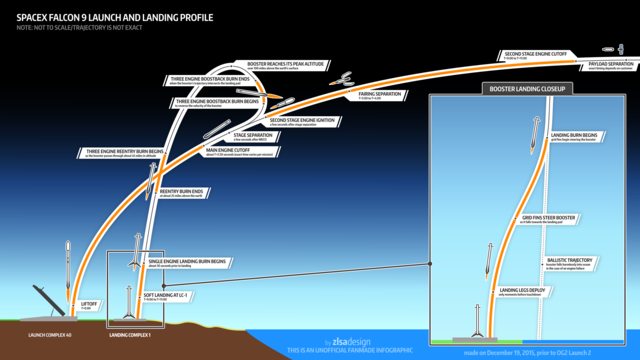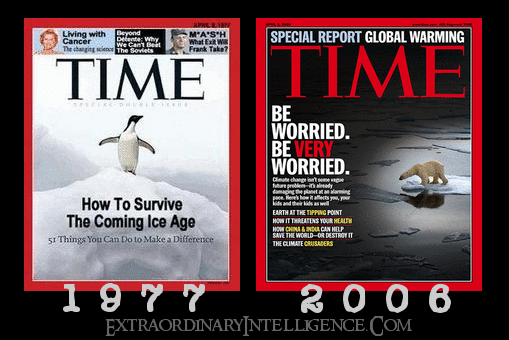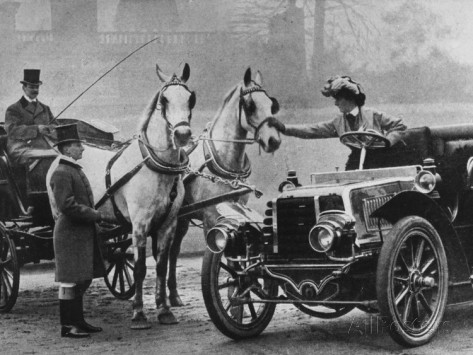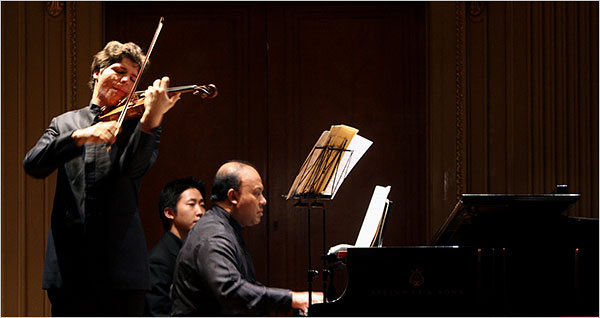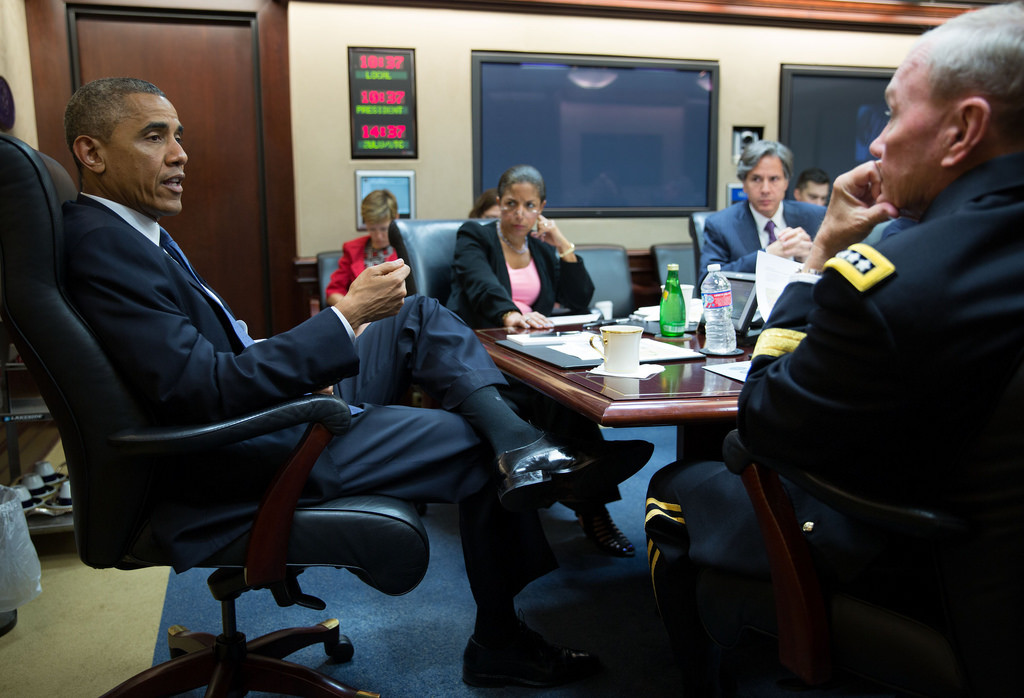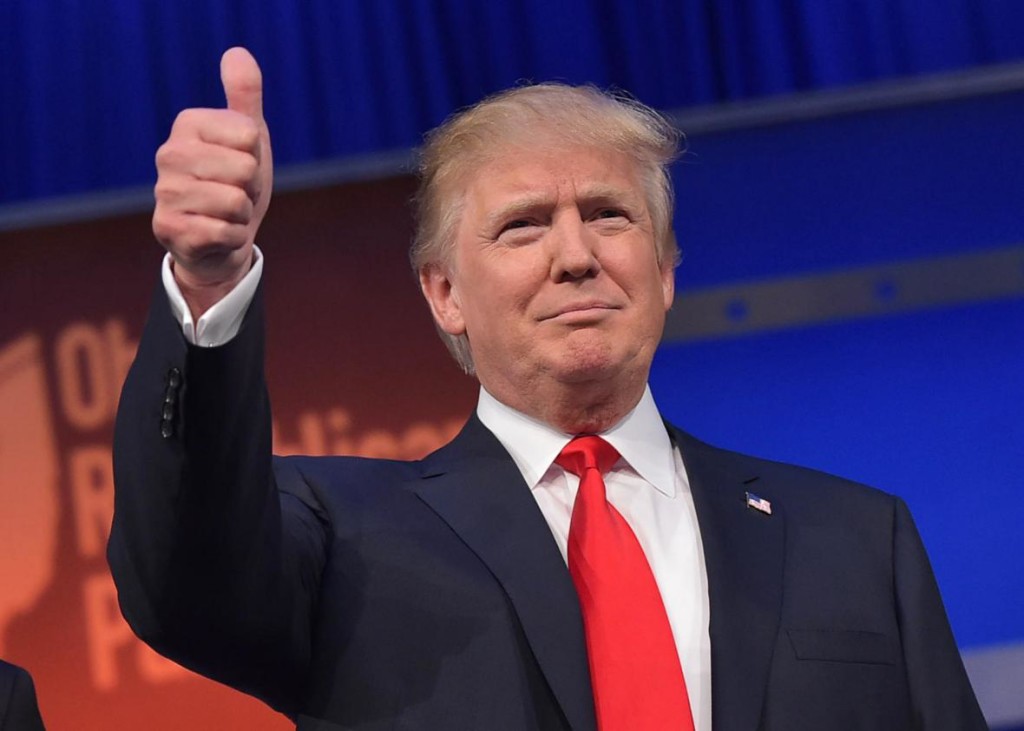
The entry of Donald Trump into the political arena was met by most (certainly Ramparts) as an insignificant sideline to what would be the compelling stories of the 2016 race. Last spring, according to the ‘experts’, Hillary Clinton and Jeb Bush were the politicians that had the famous supposed gravitas and organizational heft that would swallow the rest of their opponents in short order, and compared to such political leviathans, Donald Trump was considered ‘chump change’. The first vote has yet to be taken, but indications are that Trump is anything but political chump change. Instead, the political world is slowly coming to the realization that this etherial phenomena may be significantly more than previous sideshows, and what we are looking at more and more is the Main Event – Trump Change.
Enduring political phenomenae have to be understood in their contexts. This is the reflection of both the unique qualities of the political figure and the times in which they reside. Trump is not the first celebrity attempting to capture the wave of public recognition and turn it into political votes – Arnold Schwarzenegger and Jessie Ventura, among others, brought comic book hero status to the political arena and prospered. Nor is he the first demagogue – the list is infinitely longer displaying that trait. What he is capturing is that very special American desire that, if ignored by the establishment long enough, there is a real desire to ‘stick it to the Man’. The rapidly increasing money amounts pouring into political campaigns have brought value to the distressing trend to make to contrary political philosophies progressively more diametrically opposed to each other, with the victory of either felt to be intolerable to the other. A liberal or conservative label is no longer about political ideas as it is about sacred immutable oaths, to which deviation or compromise is anathema. The average voter lodged on losing side of the argument has his nose rubbed in the loss by opponents, and demand for increased loyalty by the losers. To which the average voter is progressively responding with the Trumpian call to arms – You Are All Losers.
Trump as the hybrid political creature Celebrity Demagogue is immediately recognizable to people as someone who will say what they feel and cannot say, and someone too celebrity big to be harassed into shutting up. When he is called offensive, he becomes more offensive. When the establishment remarks that what he expounds is just not said in polite politically correct society, he becomes more politically incorrect. And the crowds love it.
Serious political observers are focusing their attention on the Trump phenomena. The essays are important and should be read in their entirety, as they are very prescient in what is going on and say it so much better than I. Peggy Noonan of the Wall Street Journal describes Trump as the “Great Disruptor,” :
But issues do matter, and Mr. Trump has functioned this year not as a great communicator or great compromiser but as the great disrupter. He brags that he has brought up great questions and forced other candidates to face them and sometimes change their stands—and he has. He changed the debate on illegal immigration. He said he’d build a wall and close the border and as the months passed and his competitors saw his surge, they too were suddenly, clearly, aggressively for ending illegal immigration.
The great Mark Steyn attempts to inject the Trump virus directly, by attending a Trump rally in Vermont. Steyn, one of the intuitive observers of mass culture ever, senses a significant part Trump’s power is derived from his authenticity with the voters. Not Jimmy Carter authenticity “I will never lie to you” but the authenticity that Trump knows that people know how the world works, and they know Trump is authentic in letting them know, he does too:
What is “authenticity” in contemporary politics? Is it a man who parlayed a routine Congressional career into a lucrative gig at Lehman Brothers presenting himself as the son of a mailman? Or is it a billionaire with a supermodel wife dropping the pretense that he’s no different from you stump-toothed losers in the rusting double-wides? Trump’s lack of pandering extends to America, too. He doesn’t do the this-is-the-greatest-country-in-the-history-of-countries shtick that Mitt did last time round. He isn’t promising, like Marco Rubio, a “second American century”. His pitch is that the American dream is dead – which, for many Americans, it is. In 1980, Jimmy Carter’s “malaise” was an aberration – a half-decade blip in three decades of post-war US prosperity that had enabled Americans with high school educations to lead middle-class lives in a three-bedroom house on a nice-sized lot in an agreeable neighborhood. In 2015, for many Americans, “malaise” is not a blip, but a permanent feature of life that has squeezed them out of the middle class. They’re not in the mood for bromides about second American centuries: They’d like what’s left of their own lifespan to be less worse.
That’s the other quality on display: at certain points – for example, when Trump started talking about “beautiful Kate in San Francisco” being killed by an illegal immigrant – I turned around and saw men and women tearing up.
Steyn reviews many facets of the Trump phenomena and the article captures the uniquely American political experience that allows such phenomena to flourish. In a parlimentary system, the party puts the party first, and a candidate flying by the seat of his pants will be cut off before any momentum can risk the party structure. Not so in the American model. The contest for leadership starts in the local barns of Iowa and the storefronts of New Hampshire, where every candidate story is vetted voter to voter. The power of this living room politic was first promulgated when Georgia governor Jimmy Carter came out of political obscurity to win the Democrat Iowa Caucus in 1976 and springboard into national prominence and eventual presidential election victory. Ever since, candidates have hope for the springboard effect, based on having to actually entice relatively very few voters. In 2012, Rick Santorum secured 29000 votes,to win the Iowa caucus, likely not enough votes to win an attorney general contest in Polk County, Iowa. yet Santorum parleyed the momentum into a second place finish behind Mitt Romney for the nomination. The assumption is that local organization carries the day, but with the crowds Trump has proven to be able to draw, it is conceivable that the usual door to door techniques will be turned on its head, and Trump will blow out the model.
Americans at the national level have proven resistant to demagogues, but the average American’s faith in the constitutional process has been degrating for decades, and it may prove that this year the immunity is gone. Trump is transcendantly without policy drafts, position papers, or a kitchen cabinet of advisors. He defines political errors as the result of people without the personal skills or intellect to do better, and he is that better facilitator of the Art of the Deal that we have been missing. Whether this will translate into votes that will coalesce as his opponents fall by the wayside, or whether he be cornered by increasingly stronger opponents as the voters become more serious about the next President given the performance of the last two, is soon to play out. What is clear is that Trump Change is real change – more visceral, honest politics that may yet bring out the best in our system and candidates simply to prevent a demagogue from destroying the system of government for good. If Trump has at least managed to have slapped America out of its somulence, Trump Change will be all to the good.


